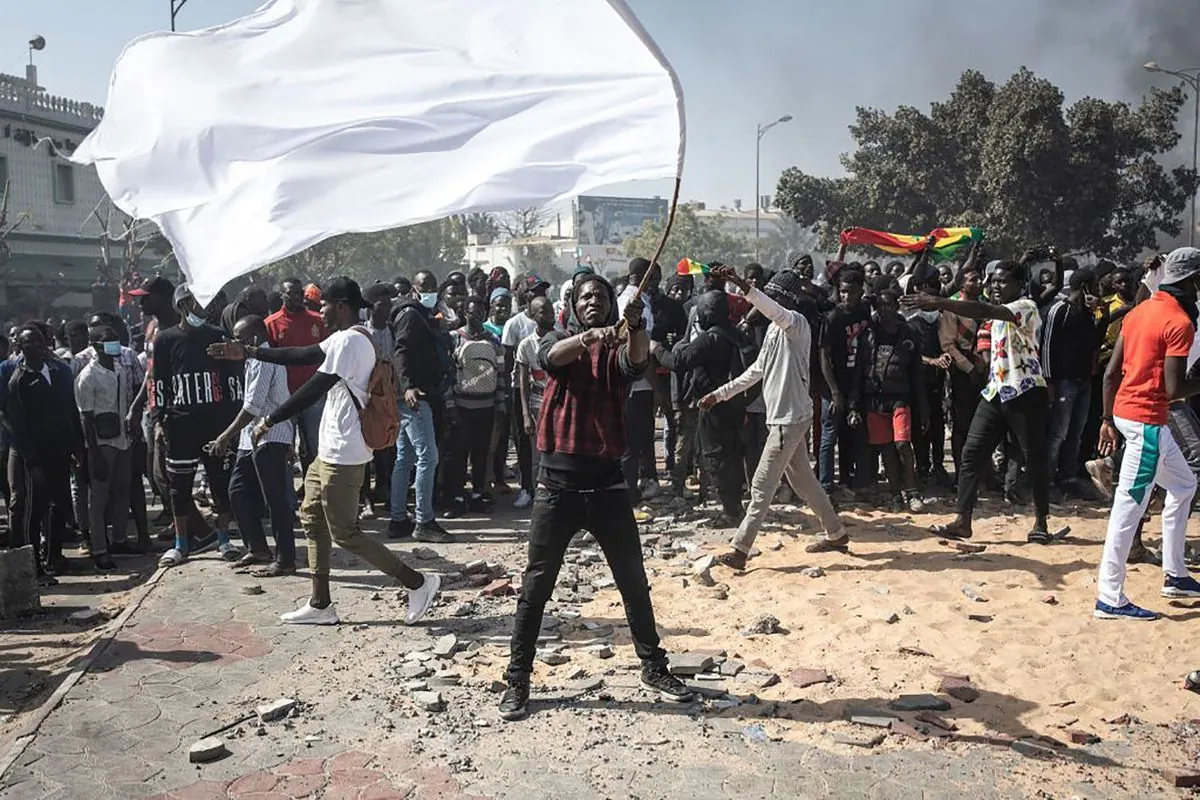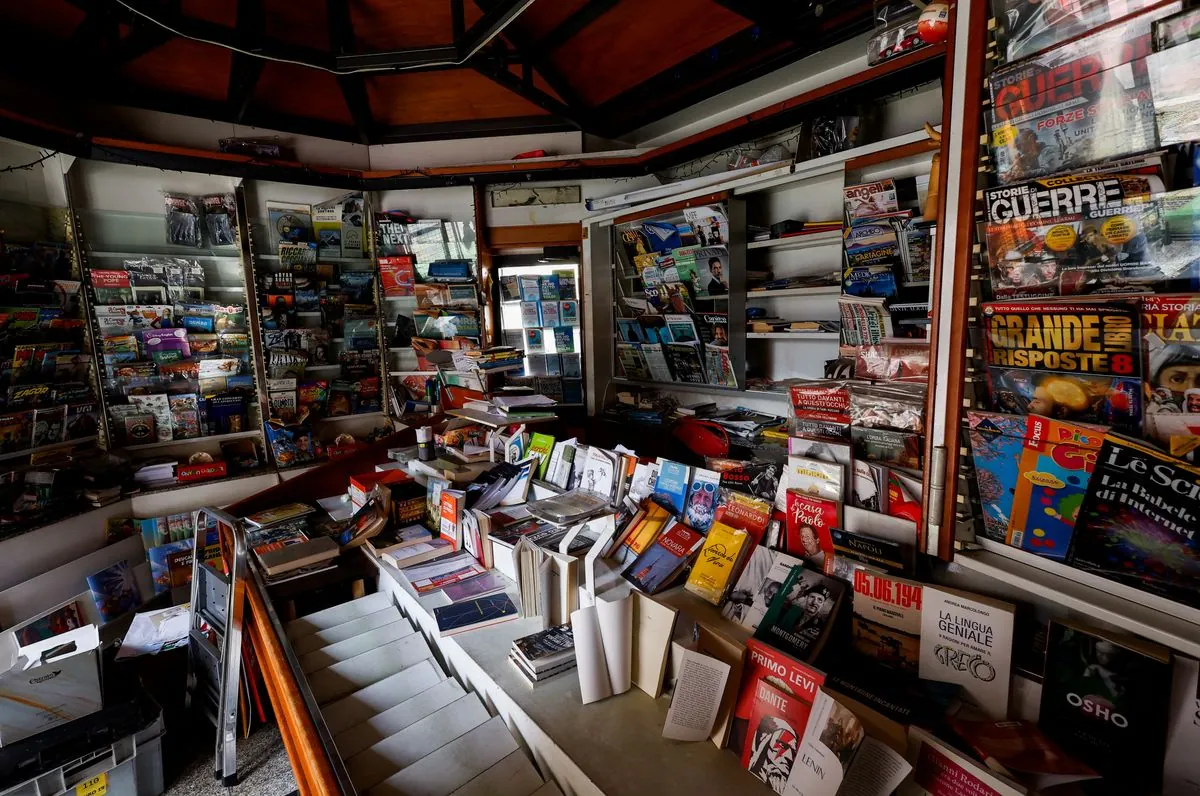Senegalese Media Stages Blackout to Protest Government Crackdown
Senegalese media outlets conducted a blackout in response to alleged government restrictions on press freedom. The protest highlights growing tensions between media organizations and authorities in the West African nation.

On Tuesday, August 13, 2024, Senegalese media organizations initiated a widespread blackout to voice their opposition to what they perceive as a government-led assault on press freedoms. This action occurred in Dakar, the capital of Senegal, a country known for its multi-party democratic system and rich cultural heritage.
Major television networks, including TFM, ITV, and 7 TV, suspended their broadcasts, while prominent radio stations like RFM and iradio fell silent. The majority of daily newspapers refrained from publishing, with exceptions being the state-owned Le soleil and private pro-government publications WalfQuotidien and Yoor Yoor Bi.
The protest comes amid escalating tensions between media entities and the government, raising international concerns about press freedoms in Senegal, a nation that has long been regarded as one of Africa's most stable democracies. Senegal, which gained independence from France in 1960, has seen a significant decline in its press freedom rankings in recent years.
According to the Senegalese Council of Press Distributors and Publishers, the government has allegedly frozen bank accounts of media outlets, citing unpaid taxes, and has "seized production equipment" and "unilaterally and illegally terminated advertising contracts." These claims, published in Le Quotidien, could not be independently verified, and government officials were not immediately available for comment.

The media industry in Senegal is facing not only political pressures but also significant financial challenges. Many of the country's main media companies have accumulated substantial debt over the years, threatening the sector's economic viability. This situation is particularly concerning in a country where the literacy rate stands at approximately 51.9% as of 2024.
In June 2024, Senegal's Prime Minister Ousmane Sonko, who assumed office earlier this year, criticized what he described as "misappropriation of public funds" in the media industry. This statement has further strained the relationship between the government and media organizations.
Reporters Without Borders (RSF), an international watchdog, has reported an increase in cases of police brutality against journalists and arrests of government critics in Senegal over the past few years. The organization has urged Senegalese authorities to safeguard press freedoms.
"Journalists are not sufficiently protected when doing their job and politicians are not playing their role in the matter. Even worse, the political forces have jeopardized the right to inform and be informed."
Senegal's decline in press freedom is reflected in its World Press Freedom Index ranking, which has dropped from 49th to 94th place in the last three years. This significant fall is alarming for a country that has been considered a beacon of democracy in West Africa.
The current situation presents a stark contrast to Senegal's rich cultural and democratic traditions. The country, home to seven UNESCO World Heritage Sites and known for its vibrant musical heritage including mbalax, has long been admired for its stability and democratic values in the region.
As Senegal grapples with these press freedom issues, it's worth noting that the country continues to face other challenges and opportunities. With a young population (median age of 19 years) and an economy driven by mining, construction, and tourism, Senegal's future development will likely depend on how it balances economic growth with democratic principles, including press freedom.


































